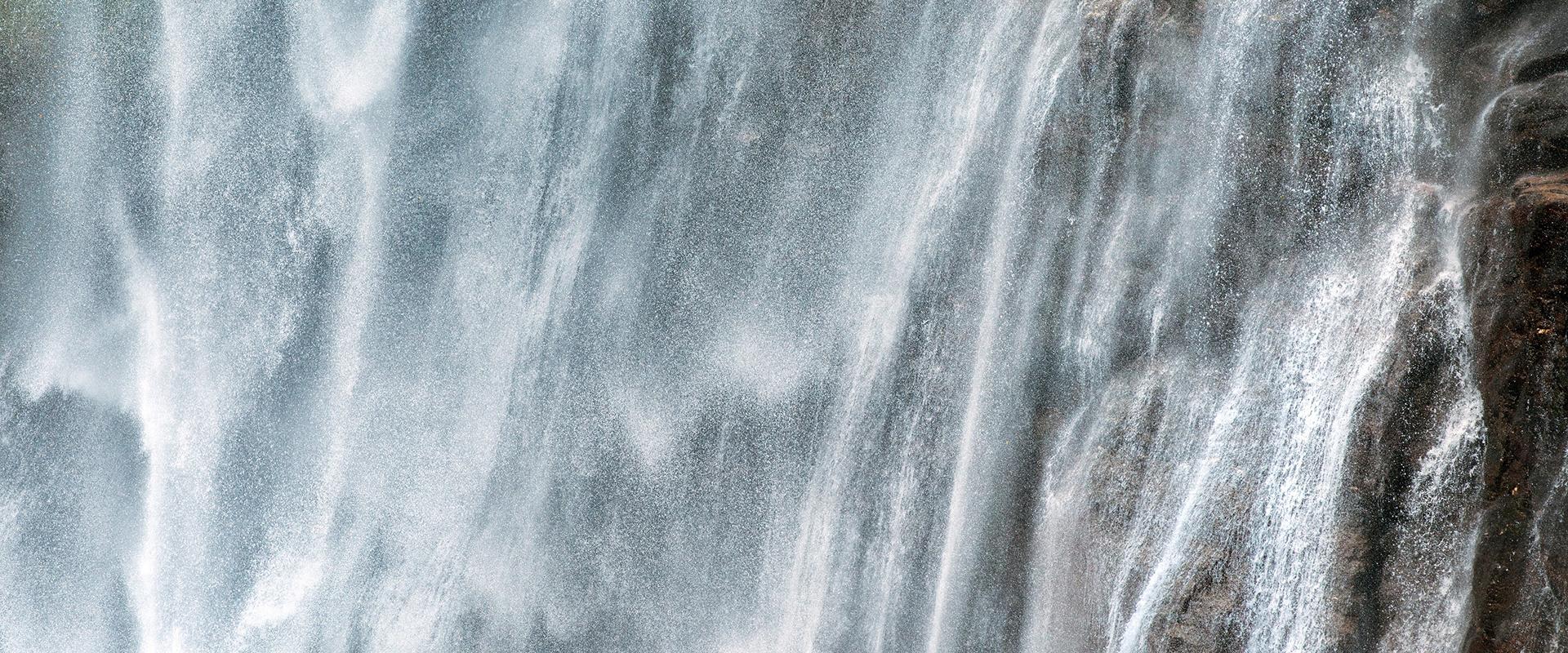OneWater: a priority programme and equipment project for exploratory research on water, our common good
Co-piloted by CNRS, BRGM and INRAE, the “OneWater - Water as a Common Good” priority programme and equipment (PEPR) project for investigative research is taking place in a context of global change in which pressures on water are exacerbated and where water resources are one of the major challenges of the 21st century. Launched on 16 March 2022, it has a budget of €53 million over 10 years, financed as an investment for the future (PIA 4). Based on six scientific challenges, it aims to make research on water resources a key issue for the sustainable transition of regions.
Water is an essential common good for ecosystem services and human populations. It should not be considered as a product subject to the market law of supply and demand and concerning only a few uses. Water resources are limited and are affected by many factors ranging from climate change to ecosystem deterioration and the impact of human activities on their availability and quality. It is urgent to take scientific knowledge into account, whether it comes from the environmental and universal sciences, the humanities and social sciences, chemistry, biology, mathematics or engineering. There is a critical need for more knowledge to enable sustainable, efficient and equitable water management, in order to protect, preserve and share this resource, which is unequally distributed between regions.
Variations in the distribution of water resources, quality monitoring, spatial planning and responsible and sustainable development of water-dependent activities are some of the issues on which the OneWater PEPR will be focusing. It is the most important national water research initiative in more than 20 years of investigation of one of the most important scientific questions in the field, namely the way global change affects the water cycle. The aim is to better understand the complexity of socio-hydrosystems and to produce the knowledge needed to propose viable, equitable and sustainable solutions and test them in the field. In choosing a systemic and integrated approach, this exploratory PEPR, which will be deployed both in mainland France and its overseas territories, aims to support the transitions which are essential to respond to major water-related issues in a context of global change, in collaboration with the stakeholders, managers, users and decision-makers.
OneWater aims to structure the community to produce new knowledge, to contribute to the training of students, to foster dialogue and co-construction with the socio-economic world, in order to address through a comprehensive strategy, the diversity and complexity of water-related issues at all spatial and temporal scales. To implement its action, the exploratory PEPR will rely on a range of tools such as open calls for projects, targeted projects, and the organisation of meetings and exchanges around the challenges raised by OneWater, involving scientists, students, socio-economic stakeholders and regions. All these actions will support existing facilities and systems. They will also contribute to the creation of a virtual OneWater platform, in a spirit of open science, by gathering available data on water, with the aim of responding to new national, European and international challenges.
The three pilot organisations will be supported by 10 academic and socio-economic partners in order to accelerate the deployment of research and innovations and to transform this knowledge into solutions and actions.
The first call for projects by the OneWater Exploratory PEPR will initially include a call for expressions of interest to address the six challenges of the programme:
- Challenge 1 - Anticipate the evolution of water resources to allow regions to adapt to their specific conditions.
- Challenge 2 - Develop the notion of a “water footprint” of environmental processes and human activities, considering not only water transfers but also its quality.
- Challenge 3 - Use water as a sentinel for the health of the environment and human societies along the land-sea continuum.
- Challenge 4 - Propose solutions to promote the adaptability and resilience of socio-hydrosystems to deal with global change, and encourage more rational and integrated approaches and uses.
- Cross-cutting challenge 5 - Support the socio-ecological transition to a new governance of resources, for a sustainable and resilient society.
- Cross-cutting challenge 6 - Share all data on water for knowledge and action and make it accessible and understandable to all.
What is an exploratory PEPR (priority research programme and equipment)?
Exploratory PEPRs target emerging scientific or technological sectors whose communities the State wishes to identify and structure. They are funded under the research component of PIA 4 and the France Relance (recovery) plan. The exploratory PEPRs are chosen by an international jury following a rigorous selection process.
OneWater partners
Ifremer, IRD, Météo-France, Université de Bordeaux, Université Claude Bernard Lyon 1, Université de Montpellier (Stratégie de site I-MUSE), Université Grenoble-Alpes, Université Rennes 1, Université de Strasbourg, Université Fédérale Toulouse Midi-Pyrénées.
OneWater will rely on a set of devices, observatories, infrastructures (ANAEE France, OHM, OZCAR, OZNS, RZA), on large facilities (e.g., Terra Forma) and platforms (Data Terra, Gaia Data for example).
Press contact








